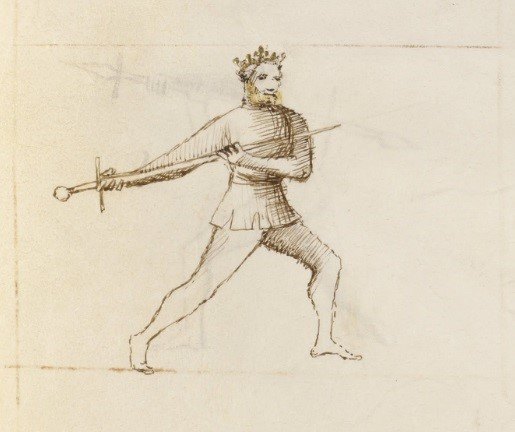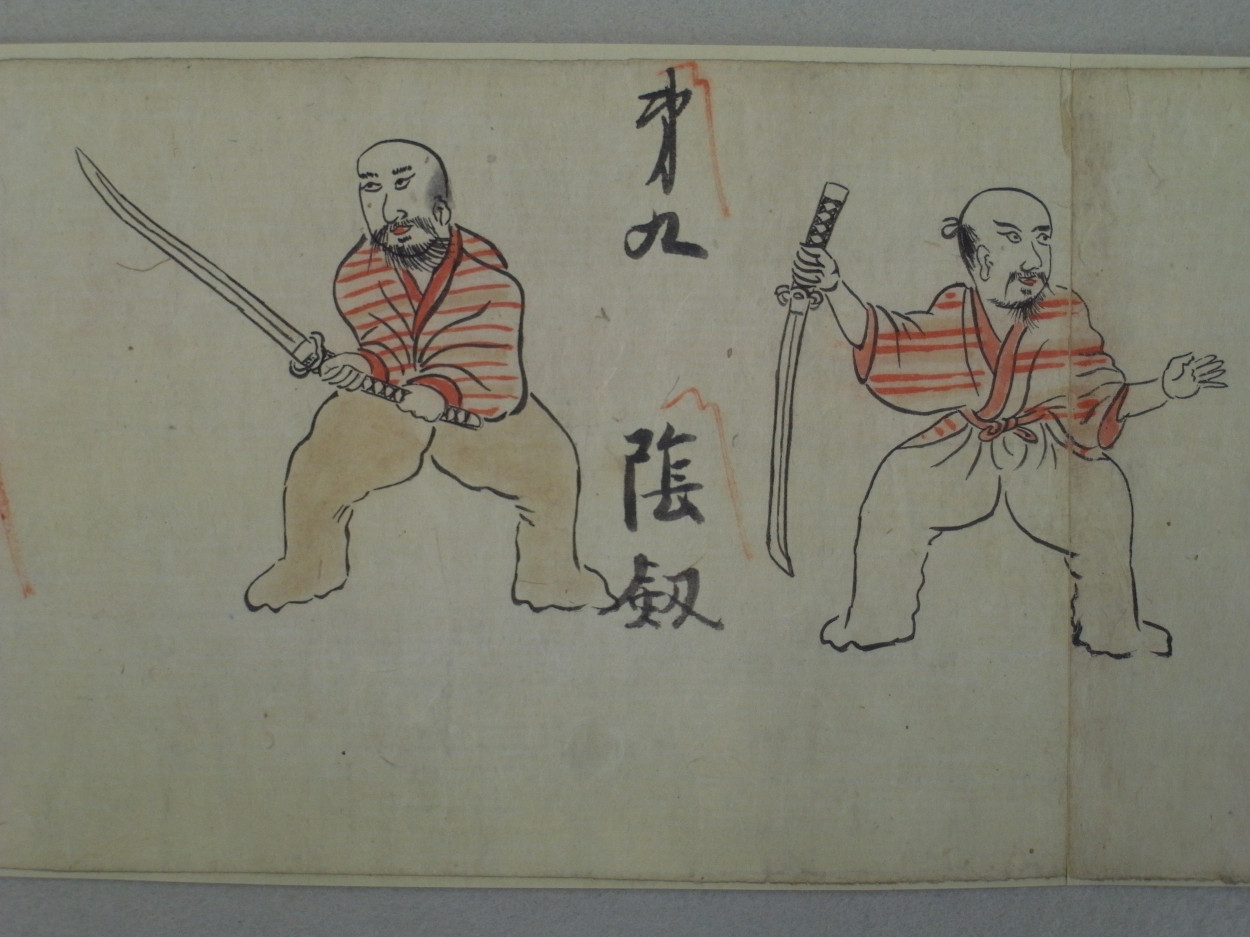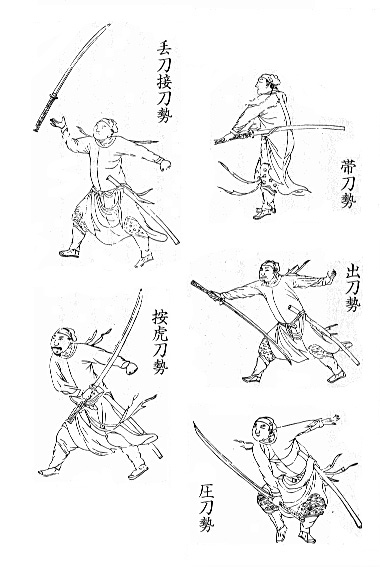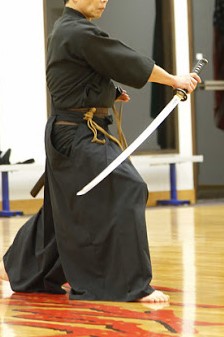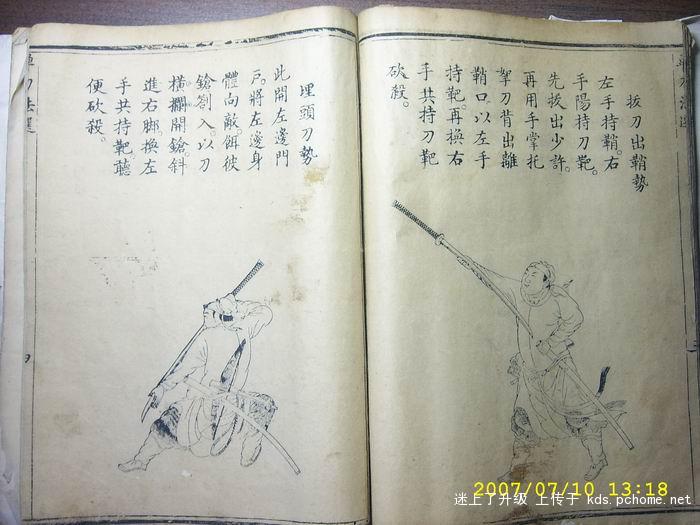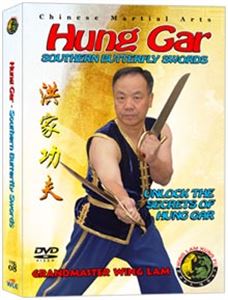There really isn't a style of swordsmanship that uses it all the time, but there are situational uses for the reverse grip that are historically documented.
Fiore dei Liberi holds the sword in a reverse grip with the purpose of wanting to throw the sword like a javelin which Skallagrim has demonstrated before on his channel.
Historical Japanese and Chinese swordsmanship occasionally seems to show it used for certain situations:
And in iaido/iaijutsu it is occasionally done, but primarily as a method of returning the sword comfortably and also during very specific situations when the sword can only be retrieved in a reverse grip:
The reverse grip is especially important if you want to comfortably draw and sheathe an especially long sword since it will allow a tighter angle to be made when drawing/sheathing without putting too much strain on your wrist.
It also is occasionally done on particularly short "swords" like butterfly swords from Wing Chun and seems to be done asare a way to use your forearms as a blocking tool kind of like how a tonfa would work or as a method to use your swords at extremely close ranges where you would be throwing elbow strikes.
Keep in mind with all the examples given though; they are situational moves designed to supplement holding the sword the normal way and not something that is done all the time like seen in fiction-land. :P
